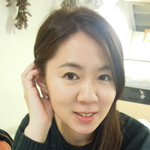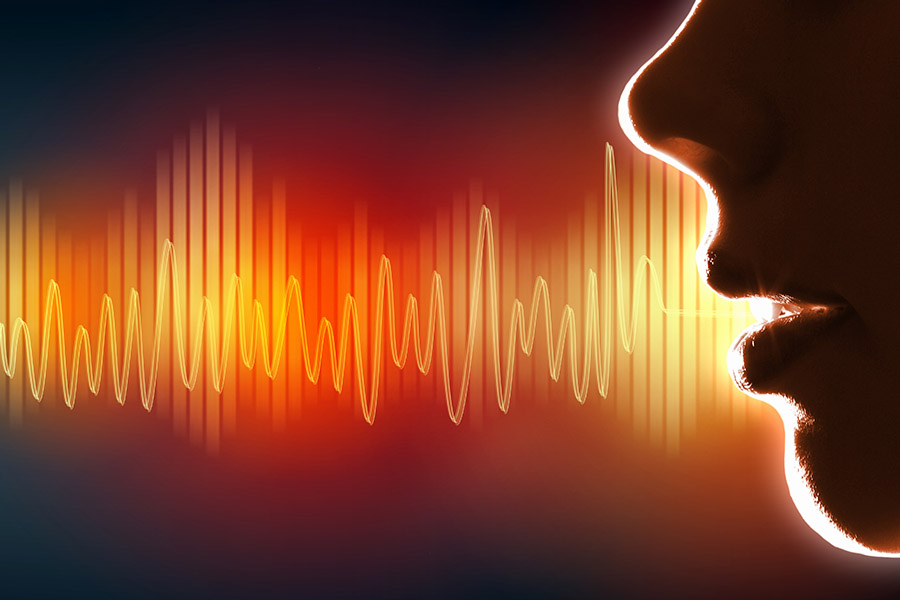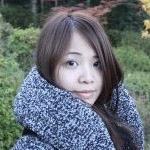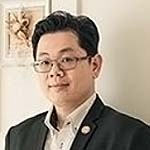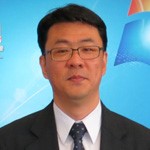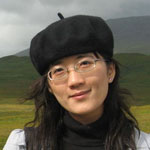(This report is provided by Professor Yaling Wang’s research team in the Department of Adult and Continuing Education)
Students' conceptualization and motivation of science learning vary with grade level. The purpose of this study was to investigate the patterns of science learning concepts and motivation of students at different grade levels using a questionnaire. A total of 768 secondary school students (204 eighth graders, 262 tenth graders, and 302 twelfth graders) were sampled for this study. This study classified memory, examination, calculation, and practice as reproductive concepts in science learning; knowledge increase, application, understanding, and new perspectives were considered as constructive concepts in science learning. The results of the Multivariate Analysis of Variance (MANOVA) revealed that as grade levels increase, students demonstrated more constructive science learning concepts. Tenth and twelfth graders significantly outperformed eighth graders on the overall scores of comprehension, new perspectives, and constructive science learning concepts. In addition, the results of the Multigroup SEM analysis revealed that as students' grade level increased (1) the relationship between examinations and reproducible science learning concepts was positive and stronger, and (2) the higher the reproducible learning concepts, the lower the motivation for deeper learning, which was negative and stronger.
Learning science is an ongoing process. Increasing grade level means that science textbooks become more difficult for middle school students, and the content and frequency of examinations may also increase. However, as our children learn more and more, does it really help their concepts and motivation to learn science? After the findings of this study, I am afraid that those teachers who believe that more is better may be disappointed!

The importance of this study is to validate the "less is more" quality learning for secondary science education and to discourage the pursuit of too much learning and testing. According to the results of this study, the more learning that occurs, the more reproducible scientific concepts students may have, and the less motivated they will be to learn in depth. This finding may surprise many tiger/strict fathers, mothers, and teachers. Why is more learning not better? While students' constructive science learning concepts become more complete as their education and learning experiences increase, children are also facing increasing pressure to advance to higher education as they progress through the grades, especially 12th graders. Taiwan's examination culture has endured for a long time. In this culture that places a high value on examinations and higher education, teachers should not only pursue constructive scientific learning concepts, but also provide students with learning qualities that facilitate the cultivation of deep learning motivation. Therefore, if we can increase the application, understanding, and cultivation of new perspectives of scientific knowledge among students who are facing the pressure of higher education, instead of simply repeating the weight of memory, examinations, calculations, and exercises, it will help improve students' learning pressure and can also gradually alleviate the current learning dilemma of more examinations and reproducible learning concepts, and less motivation for deep learning.

The challenge and highlight of this study are not only the use of multivariate analysis of variance to compare science learning concepts and science learning motivation across grade levels, but also the implementation of a multi-cluster structural equation model to investigate the strength of the association between science learning concepts and science learning motivation of middle school students at different grade levels.

In summary, as secondary school students progress through the grade levels, the more learning experiences they have and the greater the pressure to take examinations leads back to the "learning is an ongoing process" mentioned at the beginning of this article. More education will lead to an increase in constructive science learning concepts, and because of the examination culture and the influence of the general environment on higher education, these students with more learning experience may face more pressure to take examinations, thus increasing the concept of reproducible learning and reducing the motivation of deep learning. Teachers and students will have to learn from this dilemma to decide the wisdom of "What should be more? What to reduce? What to let go?"





